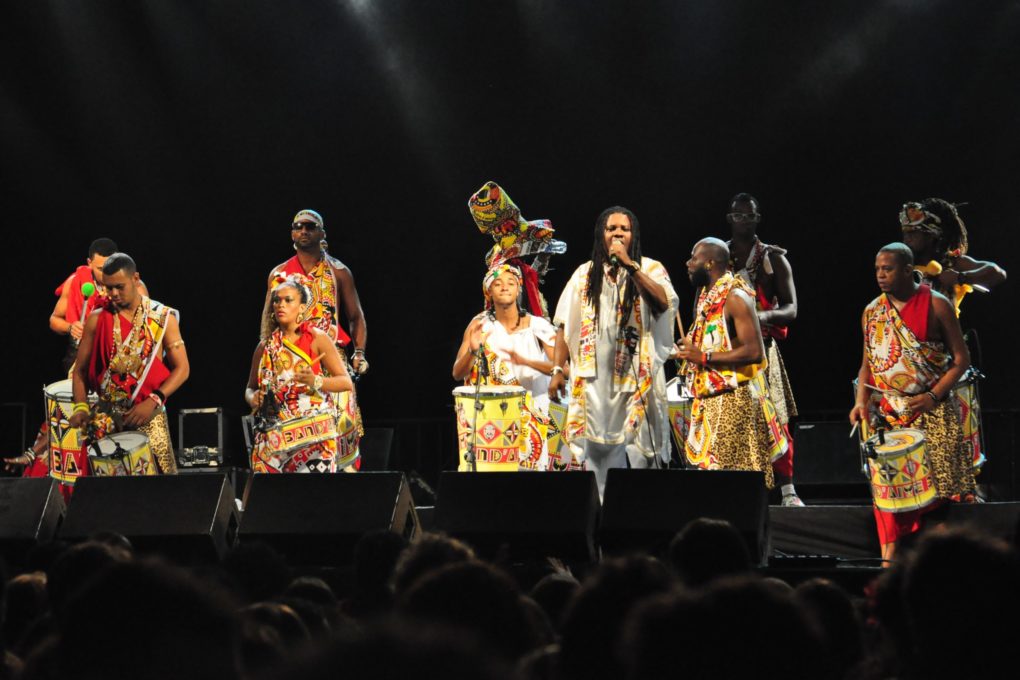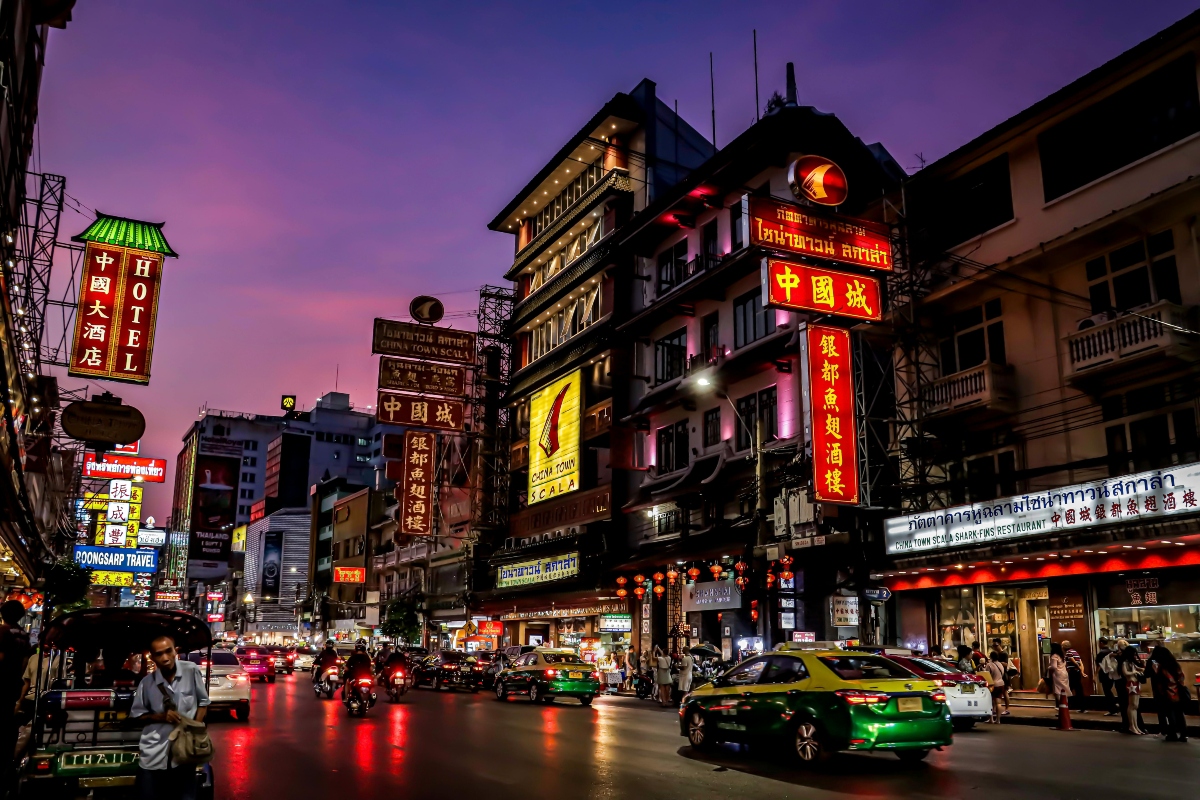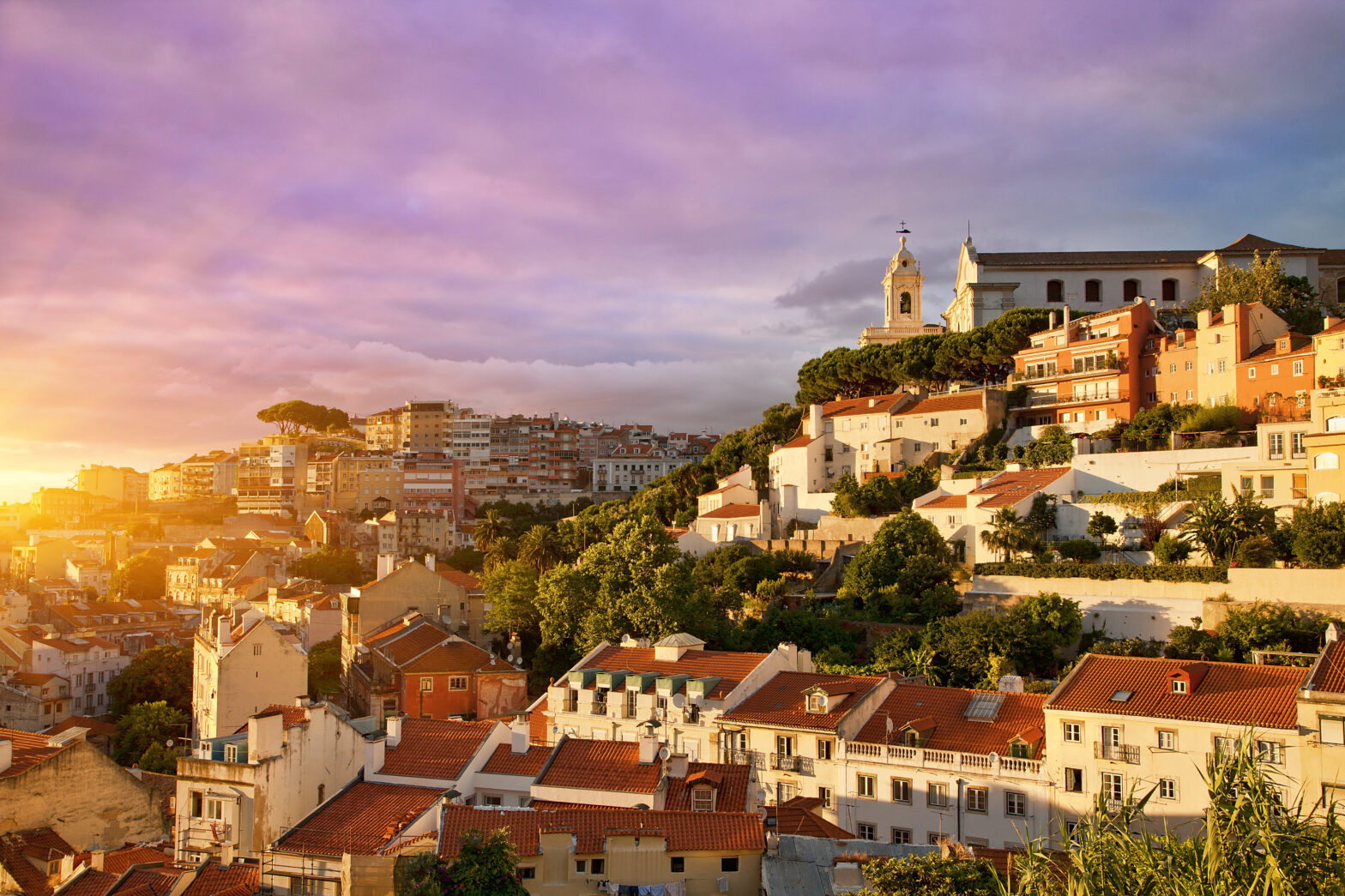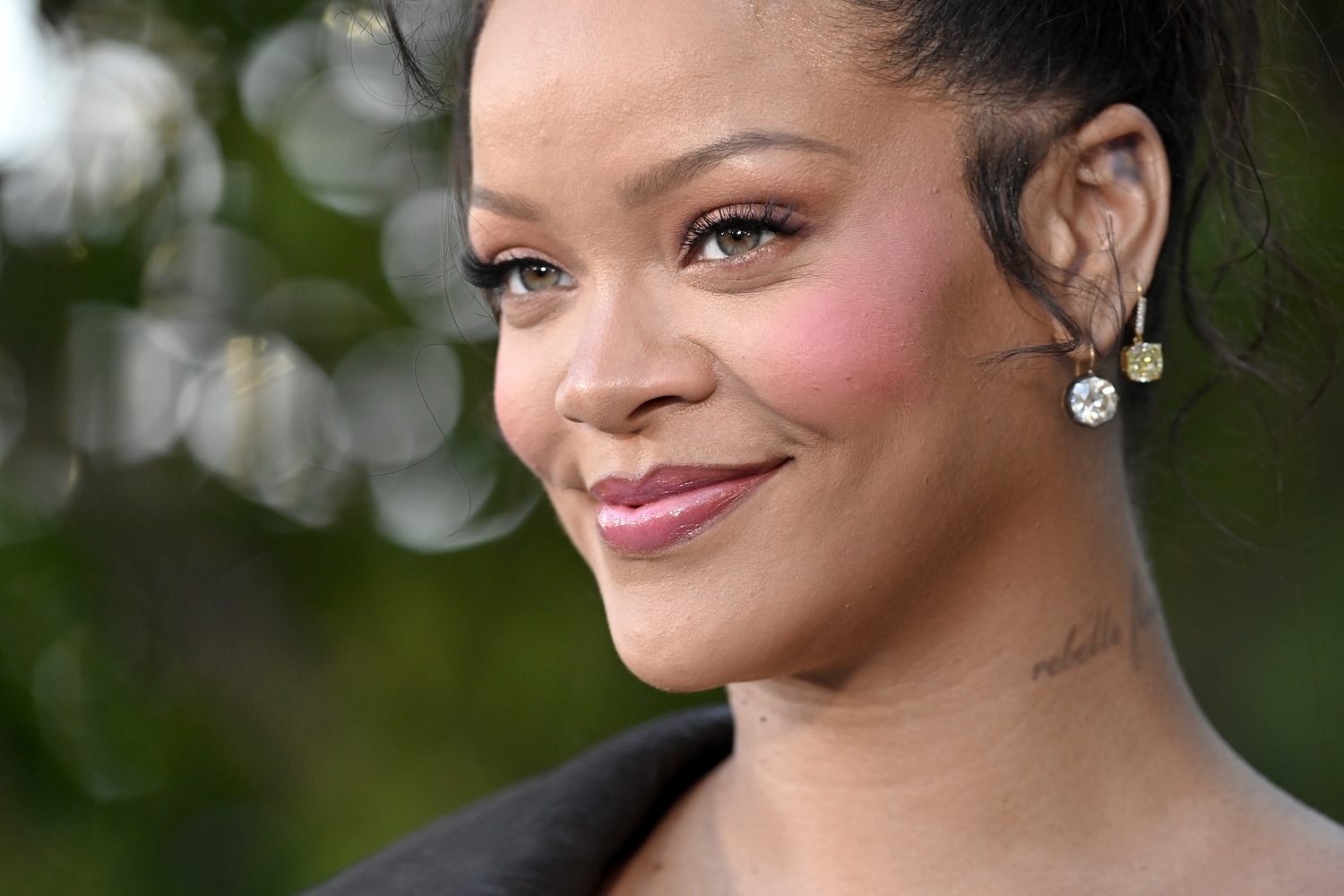Spending Carnival in Salvador, Bahia is an unforgettable experience. The sound of drums and joy provided by many Afro-Brazilian street bands touch your soul, making Salvador one of the most vibrant Carnival parties in the world. However, the true heart of Salvador’s carnival culture is found in the Ilê Ayê street band.
Deemed by locals as “the most beautiful of the Carnival street bands,” Ilê Ayê, which means ‘Our House’ in Yoruba, has made an important contribution to the empowerment of Black culture in Brazil, and promoting a Carnival parade where only Black people are allowed.
Created in November 1974, the parade is one of the most anticipated moments of Salvador Carnival. It was founded by young people from the Black neighborhood Liberdade, and inspired by the Black Power movement in the US and the decolonization process in many parts of Africa.
Ilê Ayê had a difficult beginning. It was persecuted by the police and the neighborhood of Liberdade was always neglected by the government and targeted by the police.
Before its existence, celebrating Blackness on the streets of Salvador was inconceivable. Black men and women would never wear colorful dresses, would not wear ethnic hairstyles, and would reject anything related to Black culture and history because of the long-standing racist stigmatization.
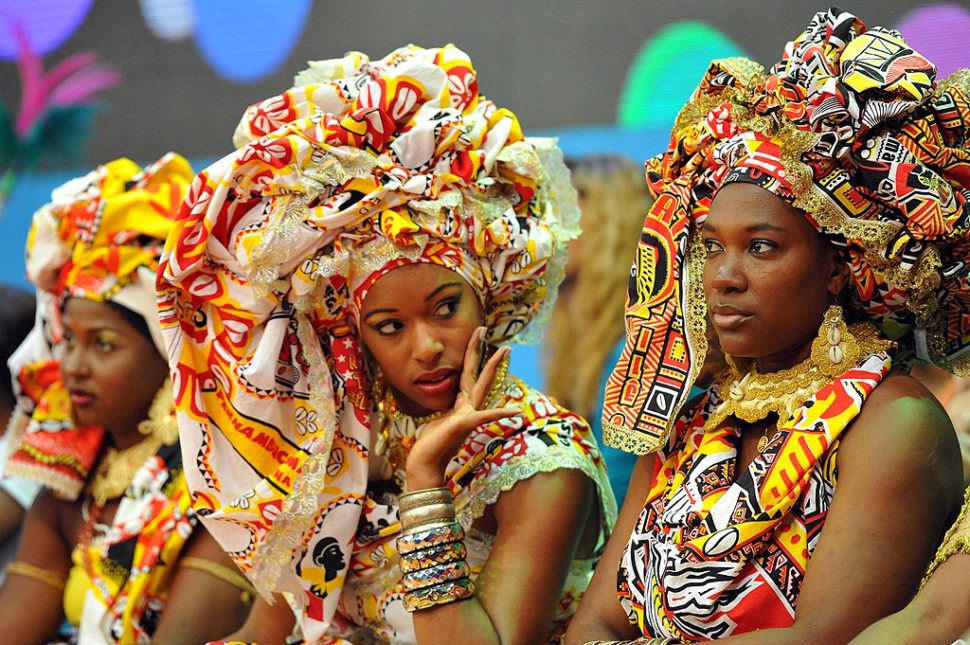
The mission was clear: to change the paradigm of Salvador Carnival and the city culture as a whole. The first move was creating a street party for Blacks only. It also birthed a beauty contest for Black women.
Surely, the idea angered the racist establishment in Bahia, mainly the media and the white elite, who couldn’t accept any kind of Black pride movement back in the seventies.
Ilê was called racist, but it was created for Black people to have fun, because back then they couldn’t parade in other street bands like non-Black residents.
But it was not only that. During performances, Ilê Ayê and its followers used themes related to the African diaspora, and African history.
“Our objective— as an entity— is to preserve, value and spread Afro-Brazilian culture. We have been paying homage to African cultures and nations, which contributed to the process of strengthening the ethnic identity and self-esteem of Black Brazilians, through music and aesthetics,” said Antonio Carlos dos Santos, one of the founders of Ilê Ayê, to Campo Grande News, a Brazilian Newspaper.
If you go to Salvador during Carnival, you should have Ilê Ayê on your bucket list.
